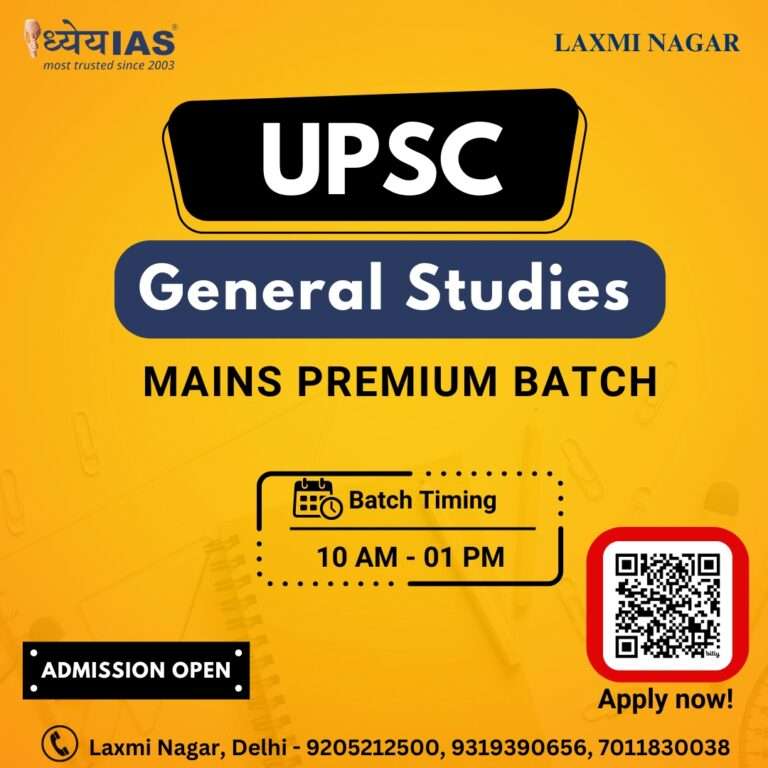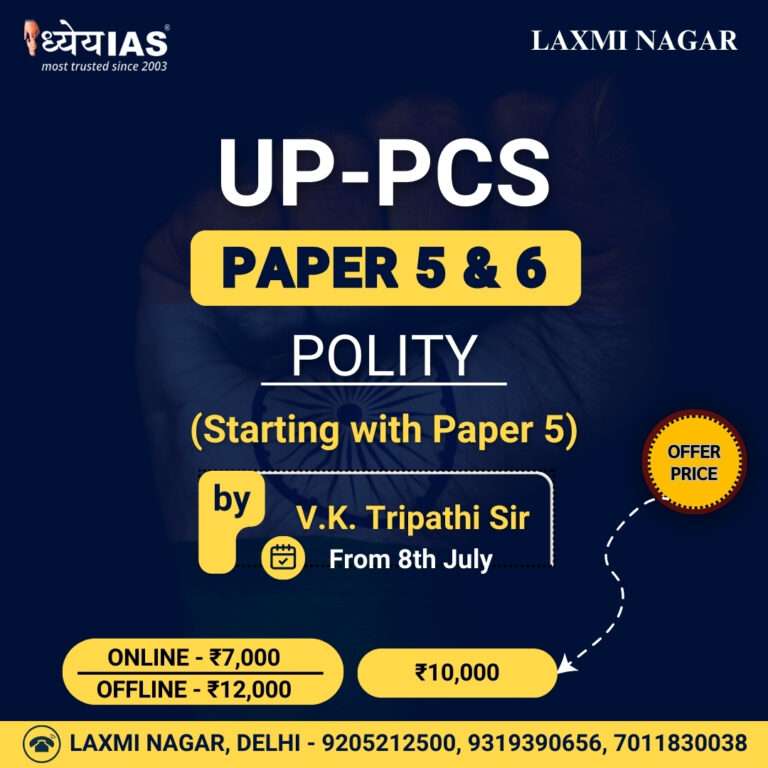State PCS
All State examination preparation
About State PCS
Comprehensive guide designed to support and inspire future leaders in their pursuit of excellence in civil services. From expert strategies to in-depth insights, we provide all the tools you need to achieve your goals and make a meaningful impact.
Provincial Civil Services (PCS)
1) About State Provincial Civil Services (PCS)
State PCS (Provincial Civil Services) are civil services at the state level in India, responsible for managing public administration and governance within a particular state. The State Public Service Commissions (SPSC) of each state conduct these exams to recruit officers for various administrative roles under the state government. These officers work on tasks related to law enforcement, revenue collection, and implementation of government schemes.
2) Eligibility Criteria for State PCS Exam
To appear for the State PCS exams, candidates must fulfil certain eligibility criteria, which may slightly vary from state to state. The general criteria include:
1. Nationality: The candidate must be an Indian citizen.
2. Age Limit: Typically, the minimum age is 21 years, and the maximum Age is between 35-40 years, depending on the state. Relaxations in age are provided to SC/ST/OBC categories.
3. Educational Qualification: A bachelor’s degree from a recognized university is the minimum qualification. Some specific roles may require specialized degrees.
4. Domicile Requirement: Candidates may need to meet the state’s domicile requirements to apply for specific posts.
3) Exam Pattern of State PCS
The State PCS exam consists of three stages:
1) Preliminary Exam:
This is the first stage and serves as a qualifying exam for the Mains. The Prelims generally consist of two papers:
A. Paper I (General Studies): Covers subjects like History, Geography, Polity, Economy, Science, and Current Affairs.
B. Paper II (CSAT – Civil Services Aptitude Test): Includes topics such as logical reasoning, comprehension, and basic mathematics. This paper is qualifying in nature.
2) Mains Exam:
The Mains is the second stage and is more detailed. It typically includes:
A. General Studies Papers: Several papers focusing on in-depth knowledge of History, Polity, Geography, Economy, Environment, Science, etc.
B. Essay Writing: This tests the candidate’s ability to express ideas clearly on a given topic.
C. Optional Subject Papers: Candidates can choose an optional subject like Public Administration, Geography, Sociology, etc.
3) Interview:
The final stage of the selection process. The interview evaluates the candidate’s personality, general awareness, and suitability for a career in civil services.
4) How to Prepare for PCS Exams
Here are some preparation tips to help candidates succeed in the State PCS exams:
1. Understand the Syllabus:
Go through the entire syllabus for Prelims and Mains, and focus on core subjects like History, Geography, and Polity.
2. Regular Reading of Newspapers:
Stay updated with current affairs by reading newspapers like The Hindu or The Indian Express, and follow news websites for state-specific updates.
3. Take Mock Tests:
Practice is key to cracking the State PCS exam. Regular mock tests will help you manage time effectively and assess your preparation level.
5. Focus on Optional Subjects:
Choose an optional subject that you are comfortable with and ensure in-depth preparation for the Mains exam.
6. Revise Regularly:
Revision is crucial. Create summary notes for quick revision before the exam.
5) List of State PCS Exams
1. Uttar Pradesh PCS (UPPSC)
Conducted by the Uttar Pradesh Public Service Commission, it recruits candidates for posts like SDM, DSP, Tehsildar, and more.
2. Bihar PCS (BPSC)
The Bihar Public Service Commission organizes this exam to recruit officers for administrative, revenue, and other government posts in Bihar.
3. Madhya Pradesh PCS (MPPSC)
The Madhya Pradesh Public Service Commission handles the recruitment process for various administrative roles in the state.
4. Uttarakhand PCS (UKPSC)
The Uttarakhand Public Service Commission recruits for the state civil services through this exam.
5. Haryana PCS (HPSC)
The Haryana Public Service Commission recruits for the state civil services through this exam.
6. Maharashtra PCS (MPSC)
Maharashtra Public Service Commission conducts the MPSC exam to select candidates for posts such as Deputy Collector, DSP, etc.
7. Rajasthan PCS (RPSC)
RPSC is responsible for recruiting officers for Rajasthan’s state administrative services.
8. West Bengal PCS (WBPSC)
WBPSC conducts the state PCS exam for administrative positions in West Bengal.
6) Key Posts Offered Through State PCS
The State PCS exams offer a variety of administrative roles under different state governments. Some of the key posts include:
1. Sub-Divisional Magistrate (SDM):
Responsible for law and order, revenue collection, and other administrative duties in a subdivision.
2. Deputy Superintendent of Police (DSP):
This post involves law enforcement, maintaining public order, and preventing crime at the district level.
3. Tehsildar:
A revenue officer responsible for managing revenue collection and the implementation of land reforms at the tehsil level.
4. Block Development Officer (BDO):
Oversees the development and administrative activities of a block, focusing on rural development programs.
5. Assistant Commissioner:
This role involves managing revenue administration, public grievances, and law and order at the district or division level.
6. Excise and Taxation Officer:
Responsible for implementing taxation policies and ensuring the smooth collection of excise taxes.
7) Difference Between PCS & UPSC
While both State PCS and UPSC exams recruit officers for civil services, there are some key differences:
1. Level of Governance:
UPSC recruits for All-India Services (like IAS, IPS, IFS) and Central Government posts.
State PCS recruits for state-level posts under respective State Governments.
2. Syllabus and Exam Pattern:
While the basic structure (Prelims, Mains, Interview) is similar, the depth and focus of the UPSC exam are broader, covering national and international topics, whereas State PCS exams focus more on state-specific issues.
3. Career Progression:
UPSC officers tend to have more opportunities for promotion and transfer to central services, while State PCS officers work primarily within their respective states.
Exam Pattern of State PCS
Provincial Civil Services (PCS)
How to Prepare for PCS Exams
List of State PCS Exams
Courses
All Study Material



Call Back Requited
Lasted Posts
- Tested Techniques for Maintaining Motivation While Preparing for the UPSC
 One of the hardest exams in India is the Union Public Service Commission’s (UPSC)…
One of the hardest exams in India is the Union Public Service Commission’s (UPSC)… - The role of newspapers in getting ready a robust foundation for the current state of affairs
 The Civil Service Examination (UPSC) is one of the most famous exams in India. And it takes a well-planned and precise strategy
The Civil Service Examination (UPSC) is one of the most famous exams in India. And it takes a well-planned and precise strategy

Have Any Questions?
FAQ’s
The State PCS exam is a recruitment examination conducted by various State Public Service Commissions (SPSC) to select candidates for state-level administrative roles like SDM, DSP, Tehsildar, and other key positions in the state government.
The UPSC exam recruits for All-India services (IAS, IPS, IFS) and central government posts, while the State PCS exam focuses on state-specific roles under the respective State Governments. UPSC covers a broader national and international syllabus, while State PCS emphasizes state-related issues
Candidates must be Indian citizens, hold a bachelor’s degree from a recognized university, and typically be between 21 to 35 years of age (with age relaxations for SC/ST/OBC categories). Some posts may require state domicile and additional qualifications.
The State PCS exams consist of three stages:
Preliminary Exam: Two objective papers (General Studies & CSAT).
Mains Exam: Multiple descriptive papers, including General Studies and optional subjects.
Interview: Final stage to assess the candidate’s personality and suitability for the role.
Almost all Indian states have their own PCS exams, including Uttar Pradesh (UPPSC), Bihar (BPSC), Maharashtra (MPSC), and Madhya Pradesh (MPPSC), among others. While the basic structure is similar, the exam syllabus often includes state-specific topics.
Yes, candidates from any state can generally appear for PCS exams conducted by another state. However, some posts may require state-specific domicile certificates, especially for reserved categories.
State PCS officers begin their careers in roles like SDM, DSP, or Tehsildar. With experience and promotions, they can rise to positions such as District Magistrate (DM) or Commissioner, holding significant administrative responsibilities within the state.
Join Our Community
Enter your email address to register to our newsletter subscription delivered on regular basis!
